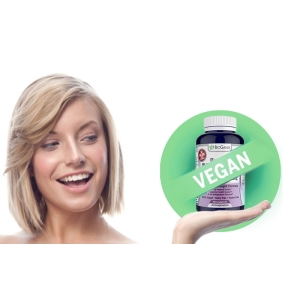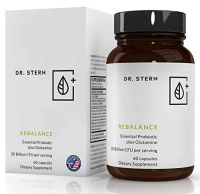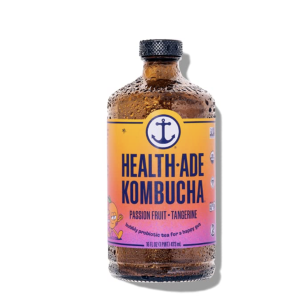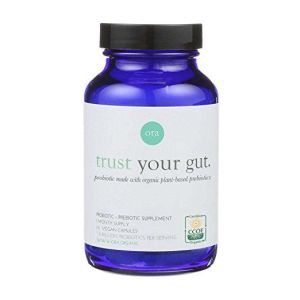Dietary supplements can be tricky to choose if you are a vegan, and probiotics are no exception. Sometimes, non-vegan ingredients may be included in the formulation. Here are a few considerations when choosing vegan probiotics.

Yes, probiotic organisms are naturally vegan
The good news for vegans is that the main ingredients themselves, the probiotic organisms, are vegan in nature. Though they are often talked about as though they are individual living entities (and they are), they are incredibly simple, single-cellular life forms without any neurological system. Plus, the idea is that they will remain viable through the digestive process and continue living within your intestines.

Check probiotics are not grown in dairy
The conditions in which probiotics are grown, however, are not necessarily vegan. Of all the many species of bacteria and yeast that comprise your gut microbiome, the most abundant type are bacteria in the genus Lactobacillus. From the Latin lact meaning milk, lactobacillus strains naturally are associated with dairy sources. Lactobacillus varieties are what ferment dairy products such as cheese and yogurt and are even found in human breast milk, providing infants with healthy gut microbiota.1 Because of this, manufacturers of probiotics traditionally cultured their organisms in milk or liquid containing dairy-derived proteins and nutrients. However, with the increased interest in veganism and awareness of lactose intolerance and other food allergies, you can now find more and more probiotics cultured in non-dairy media, such as soymilk, fruit and vegetable juices, and grain-based beverages.2

Find probiotics that also have vegan prebiotics
Prebiotics are extra ingredients that support the viability and proliferation of the beneficial microbes in your intestines. These are all insoluble fibers- plant-derived carbohydrates- which feed the microorganisms, such as oligofructose, inulin, and pectin. Sometimes, these are combined with probiotics in supplements known as synbiotics.3

Check that capsules are vegan
The capsules which contain probiotics are made from tough, water-resistant yet digestible polymers. In non-vegan supplements, capsules are made of gelatin. You will see "gelatin" on the list of ingredients on the back of the bottle. This gelatin is made most commonly of Bovine (cow), porcine (pork) or fish byrproducts.4
In vegan probiotics, the capsules SHOULD be made from plant-derived compounds such as starch, cellulose, or hypromellose. You should not see gelatin. Be sure you check the ingredient list on the back of the bottle for that.
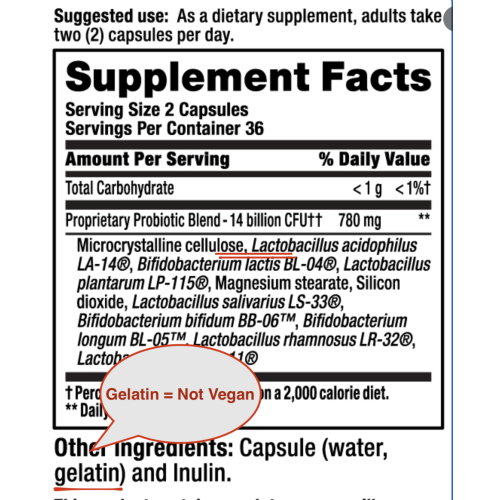

Eat probiotic food like kombucha
Foods can be an excellent source of dietary probiotics, and with them you can be sure that your probiotics are from a vegan source. Fermented foods are especially good sources of beneficial yeast and bacteria. Some plant-based sources of probiotics include:
- Soy yogurt and other fermented soy products5
- Kombucha6
- Sauerkraut (unpasteurized)7
- Kimchi- a traditional Korean dish of fermented cabbage and spices8

Best vegan probiotics
To supplement your diet with a healthy and clean source of omega 3, Try these vegan probiotics produced completely from vegan sources:
[1] Quigley L, O'Sullivan O, Stanton C, et al. The complex microbiota of raw milk. FEMS microbiology reviews.2013;37(5):664-698.
[2] Vijaya Kumar B, Vijayendra SV, Reddy OV. Trends in dairy and non-dairy probiotic products - a review. Journal of food science and technology.2015;52(10):6112-6124.
[3] Simpson HL, Campbell BJ. Review article: dietary fibre-microbiota interactions. Alimentary pharmacology & therapeutics.2015;42(2):158-179.
[4] Gullapalli RP, Mazzitelli CL. Gelatin and Non-Gelatin Capsule Dosage Forms. Journal of pharmaceutical sciences.2017;106(6):1453-1465.
[5] Farnworth ER, Mainville I, Desjardins MP, Gardner N, Fliss I, Champagne C. Growth of probiotic bacteria and bifidobacteria in a soy yogurt formulation. International journal of food microbiology.2007;116(1):174-181.
[6] Reva ON, Zaets IE, Ovcharenko LP, et al. Metabarcoding of the kombucha microbial community grown in different microenvironments. AMB Express.2015;5(1):124.
[7] Zabat MA, Sano WH, Wurster JI, Cabral DJ, Belenky P. Microbial Community Analysis of Sauerkraut Fermentation Reveals a Stable and Rapidly Established Community. Foods (Basel, Switzerland).2018;7(5).
[8] Park KY, Jeong JK, Lee YE, Daily JW, 3rd. Health benefits of kimchi (Korean fermented vegetables) as a probiotic food. Journal of medicinal food.2014;17(1):6-20.
-
Vegan Fish Oil Supplements
By Dr. KarenMarch 8, 2022
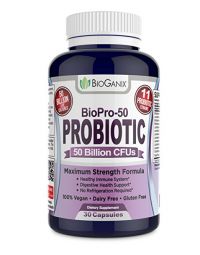
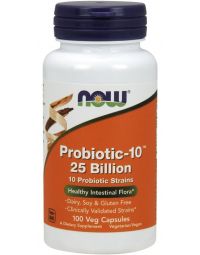

Search the blog
Article Categories
- All Articles (95)
- Rating Charts (1)
- Beauty & Skincare (17)
- FAQ (0)
- Hair Care (9)
- Health & Wellness (12)
- Anti-Aging (4)
- Kid's Health (0)
- Makeup (2)
- Men's Health (2)
- Oral Care (3)
- Sunscreen (7)
- Skin Tools & Treatments (10)
- Supplements (26)
- Videos (0)

